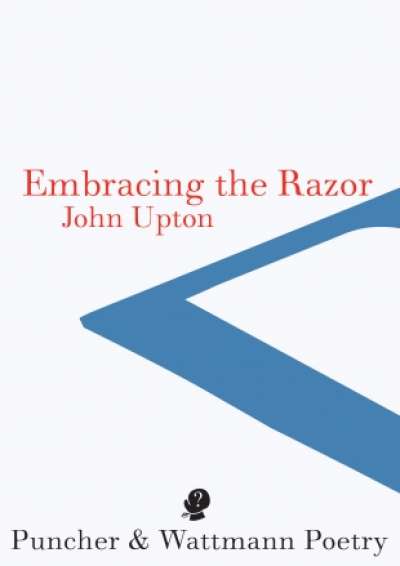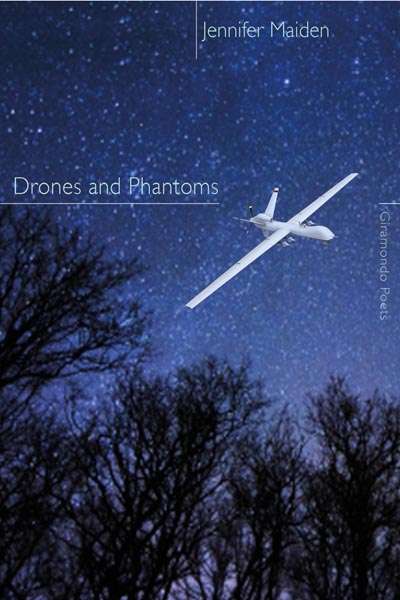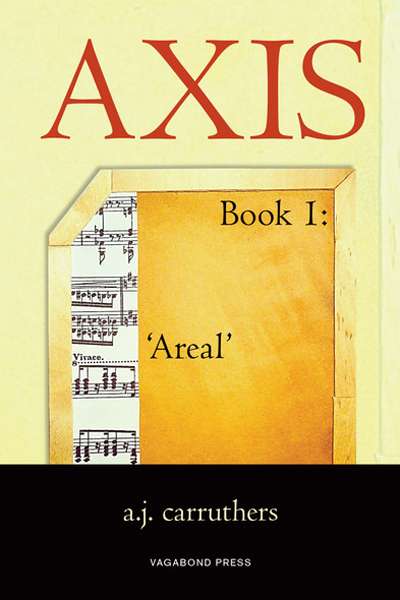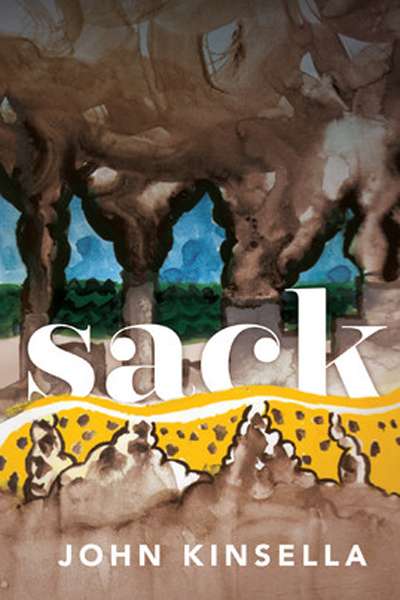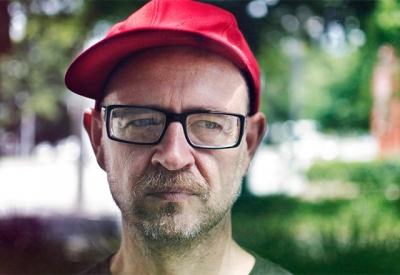Australian Poetry
Angels are made from banksia. They are grown in Prague, are
Exported in all directions, and turn grey in air. They
Only fly in places where the ground is hard. If
You try to count them they turn into numbers. If
You try to call them they turn into names. They
Are not decorative at parties but illustrative, of Guernica, for example
It is a kind of sleep we must learn,
seasonal as spiders, our bodies
weights no web can hold.
sparrow strung up
one foot knotted
in an accidental
backyard trap
They are stored in a box,
jewelled eggs:
The lover who says I’m sorry, I just
don’t want you anymore.
I woke up and the light
had gone out.
I’m inclined to say poems are triggered, or ‘arrive’, rather than they’re the fruit of inspiration. The poem does have to be written, which is in itself craft. The best poems may need a little tinkering, but on the whole I’d rather not labour away at a sow’s ear. (Though I should say I value a real sow’s ear above a silk purse.)
... (read more)Seeing people who remind you
just a little of the dead
is always mildly disconcerting –
something in the face, the gait,
the shoulders from behind,
those likenesses that don’t surprise

